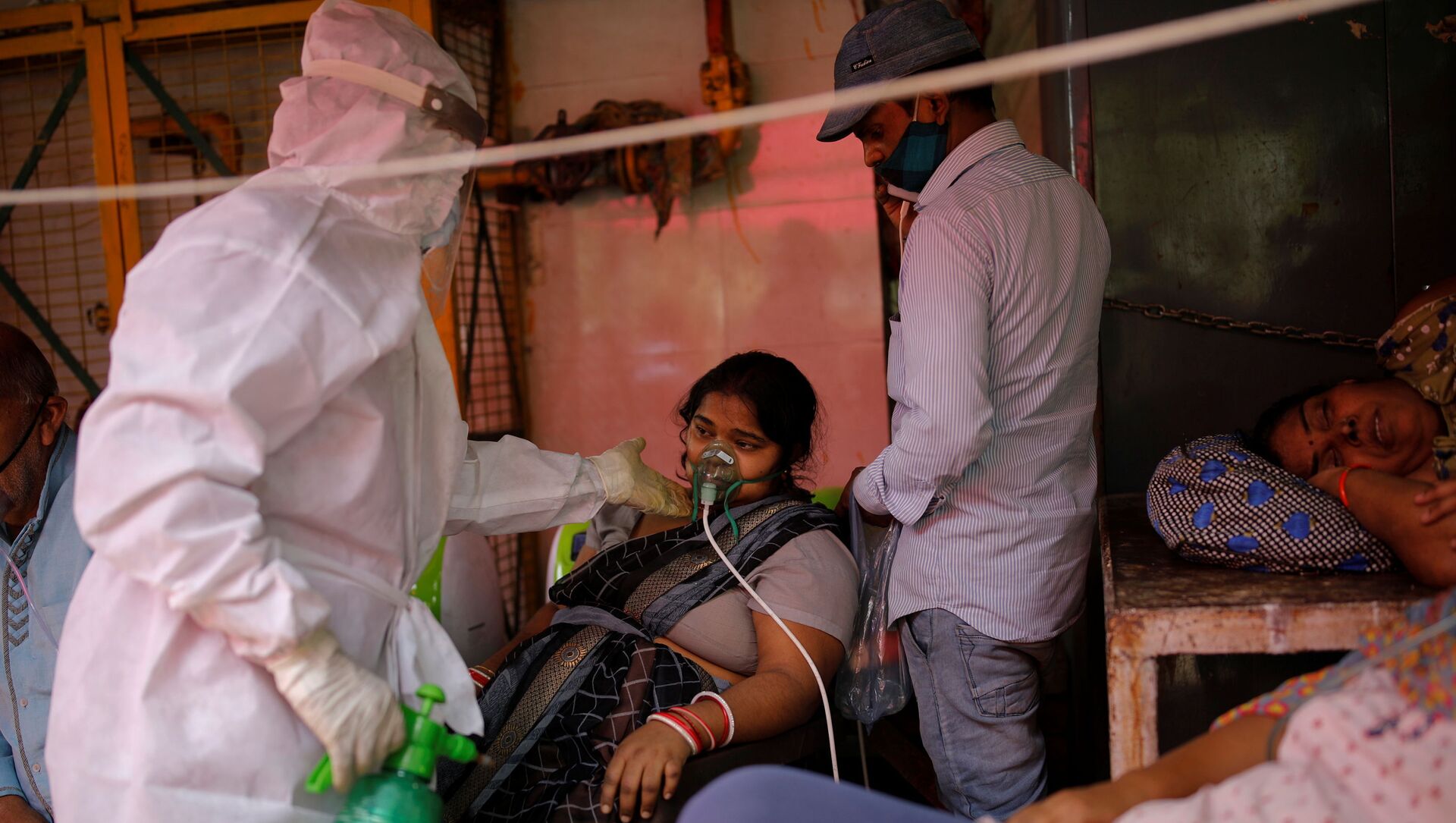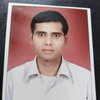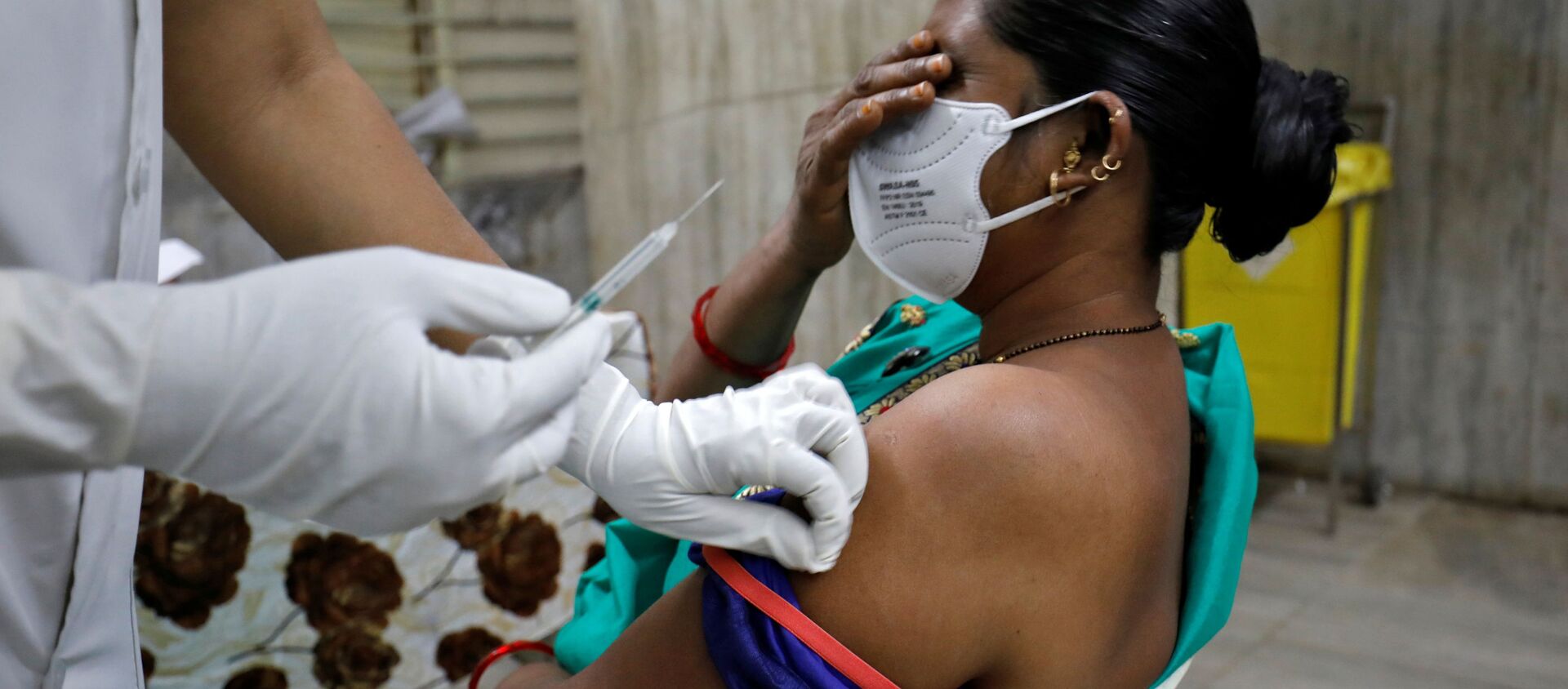As several state governments have learned their lessons from the disastrous second wave, most of them are now preparing for a third wave, which according to experts will be extremely harmful for children. On Wednesday, Delhi state chief Arvind Kejriwal said that his government has started preparations for the next wave.
The Delhi chief's announcement comes after several experts warned that a third wave of COVID-19 is imminent in the country, especially after more infectious and transmissible variants of the virus were found recently.
Kejriwal promised better arrangements than during the second wave, with additional availability of a number of beds, oxygen, and essential medicines. The Delhi government has also formed a special task force to protect children from the anticipated third wave.
"The third wave may require Delhi to be prepared with 40,000 oxygen beds, and the Delhi government is making preparations to install 10,000 ICU beds. Along with beds and oxygen management, management of medicine was also discussed. A committee comprising officials will be formed to overlook the availability of medicines, oxygen, and beds", a statement issued by the Delhi state chief's office reads.
India has so far completely vaccinated only four percent of its adult population and the vaccination drive has lost steam in recent days because both the Serum Institute of India (SII), the manufacturer of Covishield, and Bharat Biotech, the Covaxin producer, have failed to scale up production. There is no vaccine available for people below the age of 18 years as of now. Bharat Biotech received permission to begin trials of Covaxin — India’s domestically produced jab — on children aged between 2 and 18 earlier this month.
"If the third wave does happen, it will affect the children because others would have either had the infection or received a vaccine. So far, there are no vaccines for children in India. This is the reason we need to start preparing for management of COVID-19 in children. The physiology of children is different, so the case management is also different. We would need fresh treatment protocols and SOPs. We will need to arrange for appropriate medicines and equipment", Kant underlined.
India has more than 1.25 million qualified doctors, but only 371,000 are specialists, Junior Minister for Health Ashwini Kumar Choubey told parliament last year. The country has a total of 69,264 hospitals, including 43,486 private and 25,778 public.
Overall, 1.9 million beds are available for patients in these hospitals, including more than 48,000 ventilator beds. However, there are only 3,000-plus paediatric beds available for children and there are very few dedicated children's hospitals.
Dr Samiran Panda, a scientist working at the Indian Council for Medical Research and member of the COVID Task Force, told Sputnik, "The third wave is a possibility, but not inevitable and if we manage the second wave well, we might not face the third wave. The vaccination of the adults as well as the children would be the determining factor and if the third wave has to happen, it might happen three to four months later, but we should focus more on the second wave".
Nevertheless, Maharashtra and Delhi have already started to ramp up infrastructure specialised in dealing with infections, if this happens, in children. "A paediatric task force is being set up to tackle the third wave of COVID-19 where children could also get infected. We will need new designs for isolation or treatment centres because generally [the] mother has to stay with the child", Rajesh Tope, Maharashtra’s health minister, said earlier this month.
Speaking to Sputnik, Dr J.A. Jayalal, president of the Indian Medical Association, said, "Appropriate COVID behaviour will be the biggest weapon against the third wave, the government shouldn't allow any kind of public gathering and the people should continuously adhere to COVID appropriate behaviour".
He added: "The foremost important thing is vaccination, vaccination has to be enhanced to a level that everyone is able to get the jab. In the present situation there is a shortage of vaccines, and there is different pricing for private and public hospitals. If the government can enhance vaccine production or procure it from outside, only then the vaccine will be available to everyone".
The pandemic has infected over 26 million people and killed more than 290,000 in India since it began last year.






